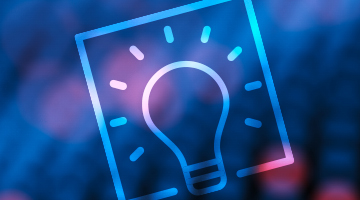Recently, our founding Engineer, John Hugg, spoke at Berlin Buzzwords. This vlog contains the video of his presentation there.
Table Of Contents
What’s Covered in this Video?
There has been so much noise surrounding advances in analytical systems lately that Online Transaction Processing (OLTP) problems may seem a bit overshadowed. Big data, streaming analytics, machine learning, and even deep learning have all changed the way businesses are run and problems are solved. Meanwhile, problems that require low latency, high write throughput and some consistency guarantees haven’t gone away.
Two of the biggest “new” ideas for operational workloads are:
- Command Query Responsibility Segregation suggests splitting operations into parallel streams of
queries and modifications. - System like Samza and Kafka Streams propose flipping the persistence mechanism around, using logs to store events and maintaining materializations on top of the logs. This idea is best introduced on the Confluent blog.
While these approaches blur the line between stream processing and traditional operational databases, the fuzziness is coming to even the most stodgy systems. We now speak of “events” more than “transactions”, even if the transaction hasn’t gone away. Systems are becoming more parallel and more and more asynchronous.This talk compares streaming systems like Kafka, Flink, DataFlow, and Kinesis with traditional databases, like Postgres and Oracle, or newfangled databases like Cloud Spanner, HBase, MySQL Galera Cluster, or Volt Active Data.
Learn more about Volt Active Data — download it for free and give it a test drive!



